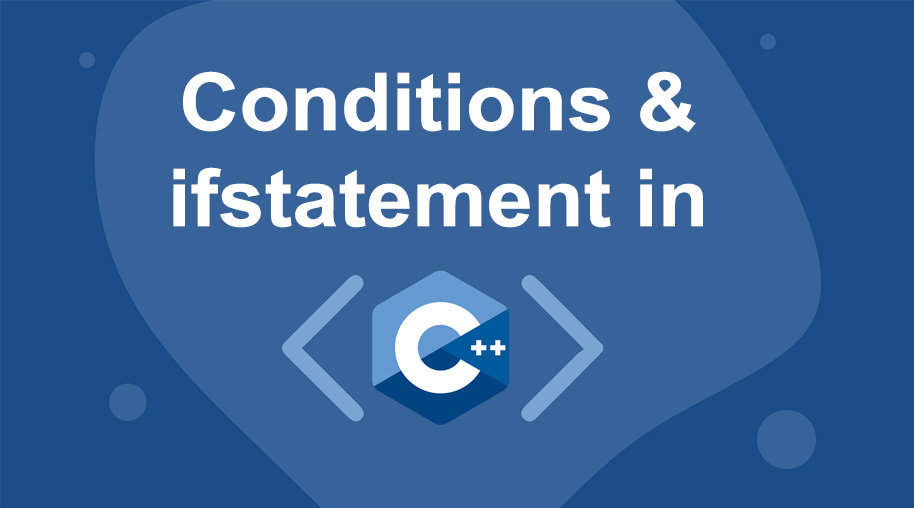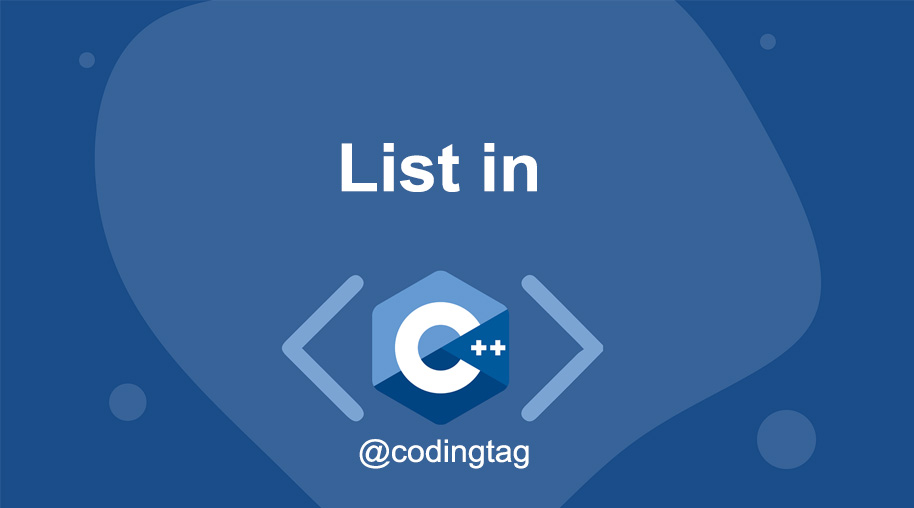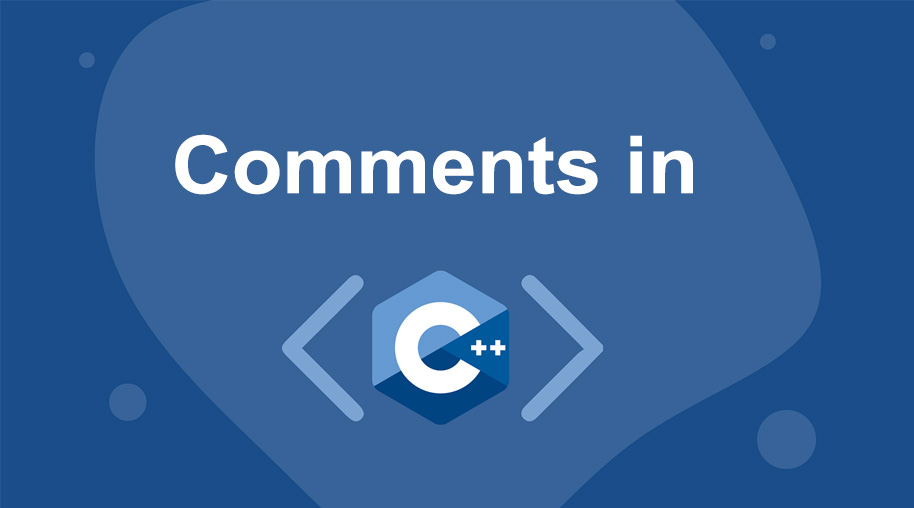Variable Scope in C++
0 900
What is Scope in C++?
In C++, the scope of a variable refers to where it is accessible within the code. Understanding scope is crucial because it helps in managing variables efficiently, avoiding conflicts, and writing maintainable code. Scope defines the region of the program where a variable is valid.Local Scope
A variable declared inside a function or block is said to have local scope. It can only be accessed within that function or block and does not exist outside of it.Example:
#include <iostream>
using namespace std;
void myFunction() {
int x = 100;
cout << x << endl;
}
int main() {
myFunction();
// cout << x; // Error! x is not accessible here
return 0;
}
In this example, the variable x is local to myFunction() and cannot be accessed from main().
Global Scope
A variable declared outside of all functions is said to have global scope. It is accessible from any part of the code after its declaration.Example:
#include <iostream>
using namespace std;
int x = 50; // Global variable
void myFunction() {
cout << x << endl;
}
int main() {
myFunction();
cout << x << endl;
return 0;
}
Here, the variable x is global and can be accessed both in myFunction() and main().
Function Scope
A function's scope defines where a function can be used. A function declared in a program is usually globally scoped, meaning it can be accessed anywhere after its declaration. Function parameters and variables declared inside a function follow local scope rules.The Scope Resolution Operator ::
If a local variable has the same name as a global variable, the local one will take precedence within its scope. To access the global variable in such a case, the scope resolution operator :: is used.
Example:
#include <iostream>
using namespace std;
int x = 20;
int main() {
int x = 10;
cout << "Local x: " << x << endl;
cout << "Global x: " << ::x << endl;
return 0;
}
This example demonstrates how to use :: to access a global variable when a local variable of the same name exists.
Conclusion
Understanding the scope of variables and functions in C++ is essential for writing error-free, efficient, and maintainable code. Proper scope management prevents name conflicts and ensures that variables are used where they are supposed to be.If you’re passionate about building a successful blogging website, check out this helpful guide at Coding Tag – How to Start a Successful Blog. It offers practical steps and expert tips to kickstart your blogging journey!
For dedicated UPSC exam preparation, we highly recommend visiting www.iasmania.com. It offers well-structured resources, current affairs, and subject-wise notes tailored specifically for aspirants. Start your journey today!

Share:








Comments
Waiting for your comments